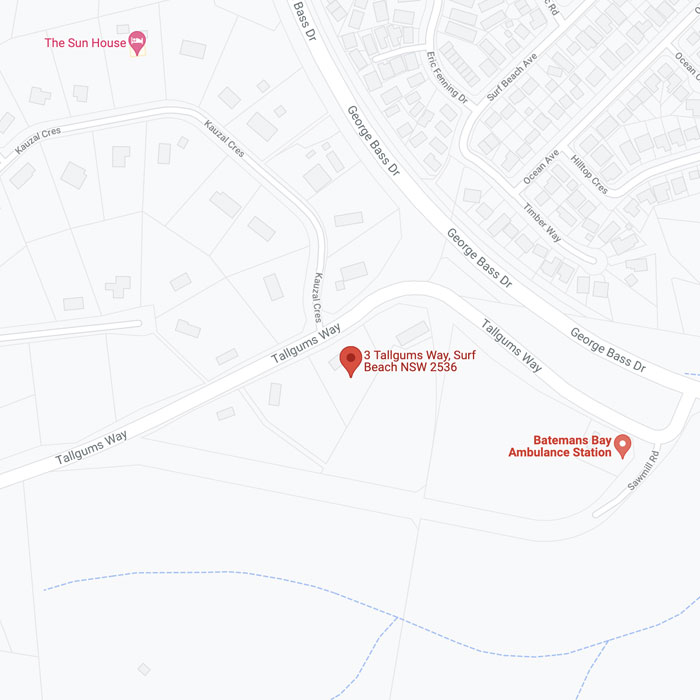Arthritis Management
Arthritis, often called Degenerative Joint Disease or DJD in dogs and cats, is a degenerative disease resulting from wear and tear on the joints. It is very common and can cause a marked decrease in mobility as well as being quite painful at times.
Because DJD is a degenerative disease we can't "fix" it (apart from total joint replacement). As such most of our efforts are focused on managing the disease, minimising pain and maximising mobility to improve quality of life. It is also important to understand when managing DJD that there is no magic bullet medicine that will fix it, the best outcomes are achieved by utilising a variety of techniques and medications. So what are the options for helping to manage DJD?
Weight loss
It is difficult to over emphasise the importance of weight loss. Weight loss of just 10% of current bodyweight will typically decrease the need for main killing medications by 50% or more! Achieving and maintaining an appropriate weight is also vital in reducing the risk and severity of a number of other diseases and is so important we have a page talking about weight loss and achieving weight loss in pets here.
Exercise
Apart from helping with weight loss, exercise in and of itself helps to improve joint function and also improves general mental wellbeing (yes, dogs can get depressed too!). It is important though not to overdo it. Walking on a leash, hill walks, and swimming are all very good exercises that are low impact and help get the muscles and joints moving. If you are unsure how far or how much exercise to do with your pet then please give us a call and we can help you out.
Physiotherapy
Like people, muscle stretches, joint manipulations and balance exercises can really help. As with people though the wrong exercises will be ineffective and may actually hurt your pet. Please talk to us before doing any physiotherapy with your pet to find out the best exercises for them.
Dietary supplements
There are a variety of different dietary supplements available. The quality and effectiveness is quite variable though and individual response can also be quite variable. Whilst probably around 40-50% of pets get some mild improvement with Glucosamine and Chondroitin supplements it is with long chain omega 3 fatty acids that we get almost 80-90% of pets responding to treatment.
Pentosan Polysulphate
PPS is an injectable medication that helps to decrease cartilage breakdown, improve joint fluid function and improve blood flow through the joint. Whilst not a true painkiller or anti-inflammatory medicine, the overall effect of PPS is that it decreases pain and improves mobility of joints affected by DJD. It has very few side effects and a course of 4 injections approximately one week apart can provide relief for up to 6 months.
Anti-inflammatory and other pain relief mediations
These can be grouped in to 2 broad classes. The NonSteroidal AntiInflammatory Drugs (NSAID's) which are similar to human medications like Nurofen and Mobic, and the neurologically active compounds such as Tramadol.
The NSAIDs work principally by blocking enzymes that produce inflammatory mediators (hence anti inflammatory). Whilst much is often made of marketing “COX 2” vs “COX 1” or mixed inhibitors, essentially the effectiveness and safety of the 3 main NSAIDs currently used in dogs, these being Meloxicam, Carprofen and Firocoxib, are essentially fairly similar. There are some specific differences in how they are metabolised and consequently it is important to perform screening tests of liver and kidney function prior to initiating long term use of these medications and every 6 months whilst using them. It is also worth noting that whilst effectiveness overall is similar between the three drugs some dogs will respond better to one than to another so if one does not work then it can be worthwhile trying one of the others.
Whilst there are no registered neurologically active painkillers for DJD management in the dog or cat a number of veterinarians have used the human medication Tramadol. It is important to remember that as these medications are NOT registered for use in dogs or cats effective doses and side effects are at best anecdotal and at worst non existent. It has been our experience that the neurologically active compounds offer no significant benefit over the modern NSAIDs and as such should be reserved for when all other therapies have been exhausted.
Surgical treatments
It is possible to either fuse or replace certain joints in cases of significant DJD pain and dysfunction and result in much improved function of the joints. Joints where fusion can be an effective therapy include the carpus (wrist) and hock (ankle). Joint replacement surgery of the Hip is an extremely effective treatment for DJD of the hip with a high long term success rate. Joint replacement of the Stifle (knee) and Elbow are also possible though these are much newer highly specialised surgeries with at this stage still only mild to moderate long term success. However in cases of severe joint disease they may be the only option and can both improve a dog or cats quality of life markedly for a number of years. Please see our pages on Orthopaedic Surgery for more information on these surgeries.
